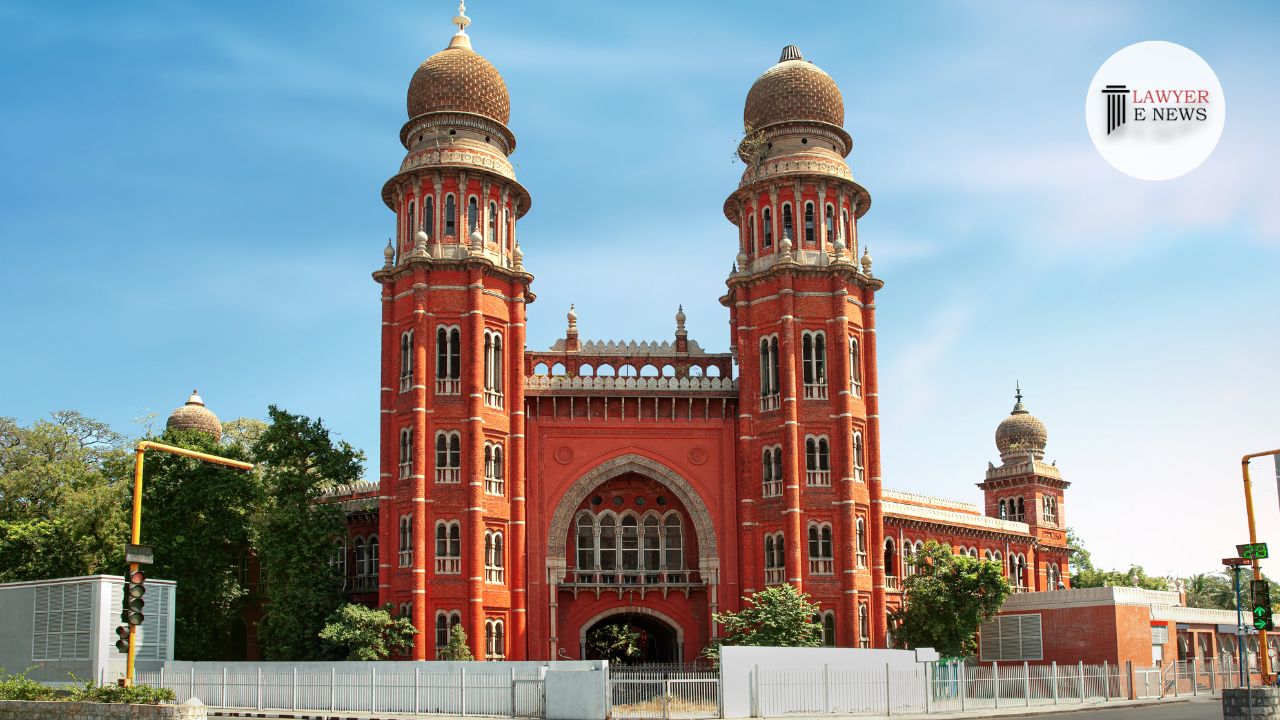-
by Admin
15 February 2026 2:16 AM



Justice N. Sathish Kumar directs parties to resolve fraud allegations through civil court proceedings.
The Madras High Court, in a recent judgment, has quashed the District Registrar’s order canceling certain sale deeds based on alleged fraudulent documents. The judgment, delivered by Justice N. Sathish Kumar, highlights misuse of power and procedural irregularities, emphasizing that fraud allegations should be resolved in a civil court.
The case originated from a complaint by L.N. Ganesan, the fourth respondent, alleging that several sale deeds concerning Survey No. 233/2A in Chinna Kottankuppam Village, Thindivanam, were fraudulent. Initially, the District Registrar canceled the documents on November 8, 2022, under Section 68(2) of the Registration Act, despite a pending suit (O.S.No.124 of 2016). On appeal, the Deputy Inspector General of Registration overturned this cancellation on May 8, 2023, directing parties to seek civil remedies. However, within a month, the District Registrar issued another cancellation order on June 5, 2023, under Section 77-A of the Registration Act, prompting the petitioner, R. Narayanan, to challenge this decision in court.
Justice N. Sathish Kumar criticized the District Registrar’s actions as procedurally flawed and arbitrary. “The very order itself indicates that it is only cryptic and passed without any discussion or reasons,” noted the court. The swift re-issuance of a cancellation order within a month, despite the Deputy Inspector General’s directive, was seen as an “exhibit of misuse of power by the authorities at their whims and fancies for extraneous consideration.”
The court underscored the importance of distinguishing between fraud and forgery in legal proceedings. “To invoke powers under Section 77-A, it must be established that these documents are a result of forgery,” the judgment clarified. Forgery involves creating false documents, whereas fraud pertains to deceit and requires substantial proof in civil court. The court referenced a prior judgment (G. Rajasulochana v. Inspector General, W.P. 29706 of 2024) to emphasize this distinction.
Justice Kumar highlighted the necessity for allegations of fraud to be substantiated through proper legal channels. “Fraud requires pleading and proof before the Civil Court,” he remarked, pointing out that the District Registrar overstepped by not adhering to this legal principle. The court found that the District Registrar’s order lacked substantive reasoning and disregarded the appellate authority’s directive.
“The order passed by the concerned District Registrar is clear non-application and in fact has deliberately ignored the order of the superior and entertained the complaint that too within a month of the order of the Deputy Inspector General of Registration,” stated Justice Kumar.
The High Court’s decision to quash the District Registrar’s order reaffirms the necessity for procedural propriety and the appropriate adjudication of fraud allegations in civil court. By directing the Inspector General of Registration to initiate disciplinary proceedings against the District Registrar, the judgment sets a precedent for maintaining the integrity of registration processes. This ruling underscores the judiciary’s commitment to upholding legal standards and ensuring fair adjudication in cases involving allegations of document fraud.
Date of Decision: 03.07.2024
Narayanan vs. The District Registrar (Administration) and Others
